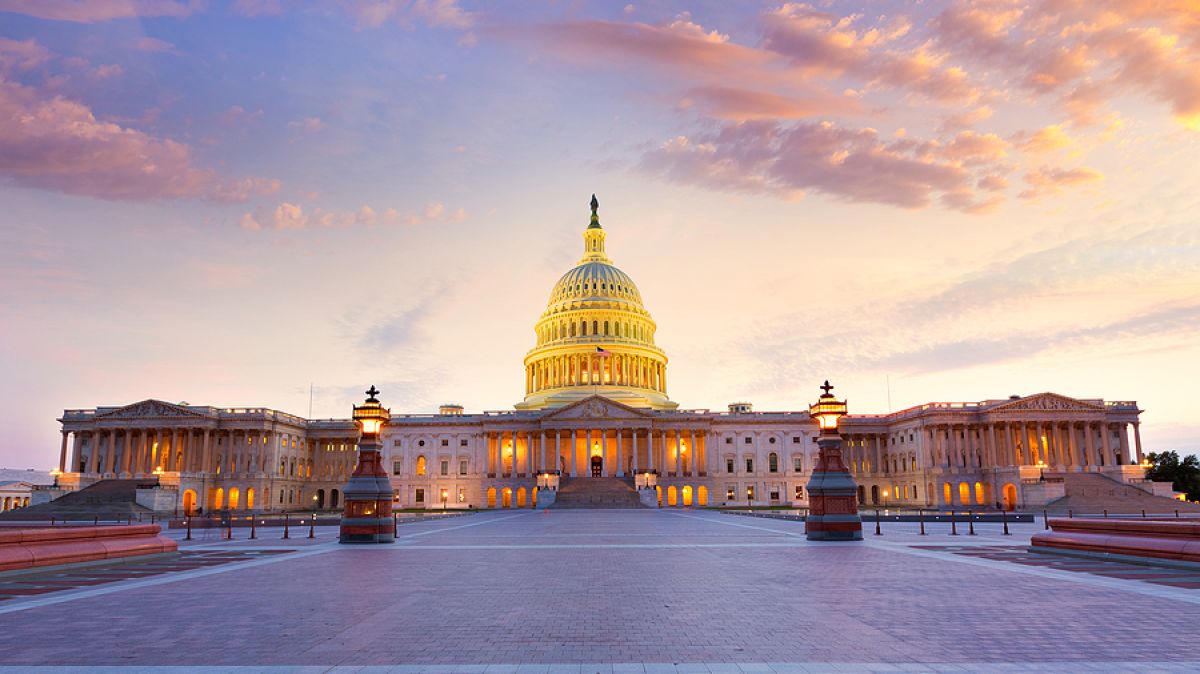Rallying states to reform Washington’s ways
It appears that America has a new style of government. In years past, liberal Democratic presidents like Franklin Roosevelt governed by working to pass laws in Congress.
But in recent years, progressives seem to believe they can govern undemocratically with regulatory edicts simply dictated from Washington.

Voters in 2016 should ask those who seek to become our leaders a simple question:
What will you do to permanently end “regulation without representation” and ensure that federal regulations, like federal laws, have the consent of the governed?
Or, on the other hand, are you satisfied with a government in which bureaucrats dictate the rules that govern us?
Every Republican who voted in the U.S. House of Representatives, and some courageous Democrats, recently voted for a bill called the REINS Act (Regulations in Need of Scrutiny) to require that major new federal regulations be approved by Congress.
Most Republican presidential candidates have said that they would sign the REINS Act if it were passed by Congress.
But it is very unlikely that such a law could get the support of the necessary 60 votes in the U.S. Senate, even if America elected a president who would sign it.
Furthermore, the constitutionality of such a law could be challenged in court and, even if upheld, it could be repealed or waived by a future Congress.
An Amendment to the U.S. Constitution, on the other hand, could permanently rein in federal regulators and help to restore the checks and balances intended by the authors of our Constitution.
Most Americans understand that Washington is gridlocked on major issues, and even the election of a new president will probably leave advocates of limited government short of the two-thirds vote to propose an amendment or even the 60 Senate votes needed to enact permanent, fundamental reforms.
But there is a way to break the deadlock in Washington.
Just as Rep. James Madison, the first floor leader of the U.S. House or Representatives, took advantage of pressure from the states to help persuade Congress to propose the Bill of Rights, which took effect almost 224 years ago on Dec. 15, 1791, a partnership between state leaders and reform-minded leaders in Congress could achieve results today.
In our time, a constitutional amendment to permanently require that major federal regulations be approved by Congress could, by reducing the risk of capricious overregulation, jump-start American economic growth and help create millions of new jobs.
It could protect our constitutional rights and personal freedom against infringement by federal regulators.
Polls show that voters favor a constitutional amendment to require congressional approval of major regulations by a 2-1 margin.
A potential bipartisan political coalition in the states that could force Congress to act already exists.
Sixty-four of the 67 legislative chambers in the 34 most limited-government-minded states are already controlled by Republicans. Democrats who have good reason to distrust federal regulators and good reasons not to be perceived as “rubber stamps for federal regulators” are swing votes in three more chambers.
The Regulation Freedom Amendment could halt unfunded federal mandates
In fact, 15 state legislative chambers, including the Tennessee Senate and the Utah Senate, have already passed resolutions urging Congress to curb federal regulators by proposing the Regulation Freedom Amendment, which says:
“Whenever one quarter of the Members of the U.S. House or the U.S. Senate transmit to the President their written declaration of opposition to a proposed federal regulation, it shall require a majority vote of the House and Senate to adopt that regulation.”
As support for the Regulation Freedom Amendment grows, it will become more and more difficult for opponents to explain why bureaucrats in Washington should keep their power to dictate rules to the American people.
But pro-limited-government leaders in Washington and those who seek to become leaders need to recognize that the nation’s capital is too divided and fond of its own power to reform itself.
America is looking for new leaders who will follow James Madison’s example and help mobilize the power of states to curb the power of Washington.
America is looking for leaders who will build a partnership with states to reform our government.
Regulatory abuse is only one example of federal misconduct. The irresponsible borrowing that threatens the long-term solvency of America is another. The imposition of unfunded federal mandates on states is still another.
Where are the leaders who will reach out to state leaders to build a partnership for restoring constitutional limited government in America?
Perhaps Americans should be asking an even more fundamental question:
Which politicians in Washington want to keep power in Washington?
And which ones want to empower the states to take it back to the states and the people, where it belongs?
|